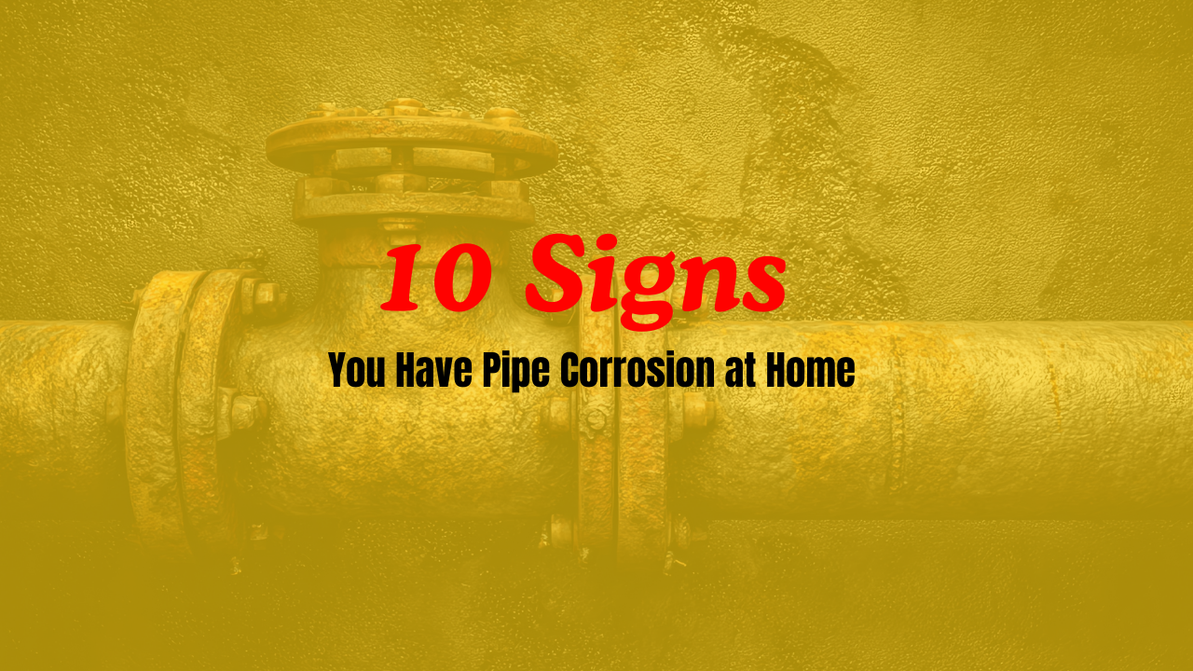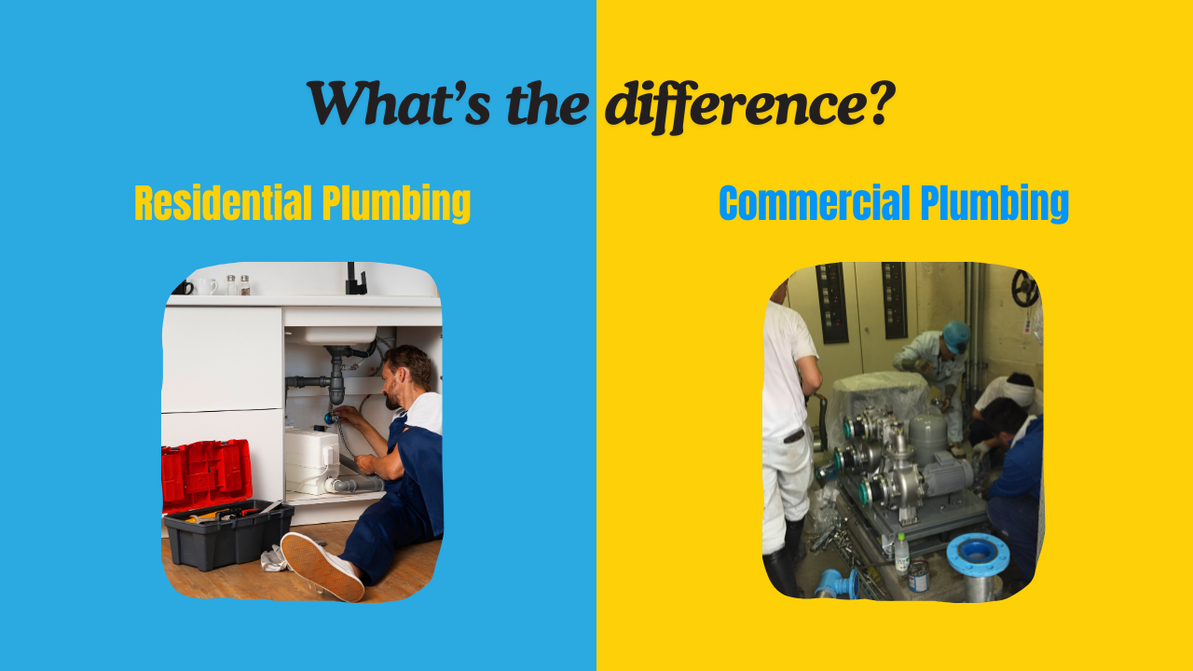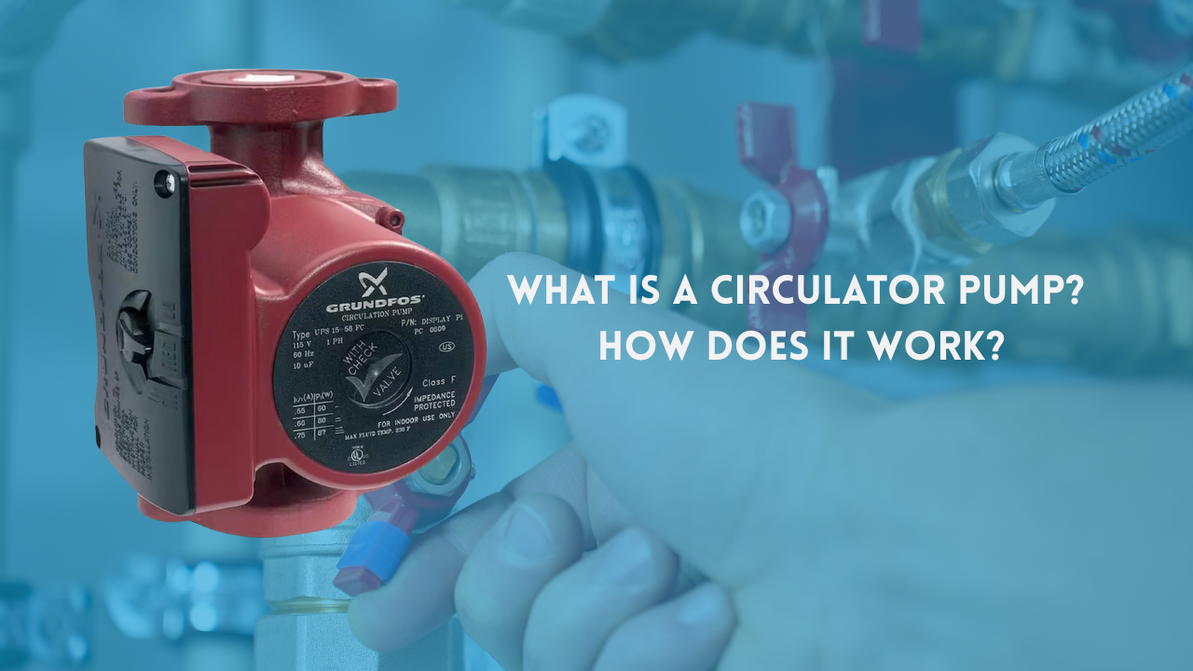Steam vs. Hot Water Boilers: The Differences Explained
Heating systems form the backbone of comfort and function in countless homes and businesses. Among the various options on the market, steam and hot water boilers often stand out.
Both boilers serve the purpose of heating, yet they operate on fundamentally distinct principles. Understanding how steam and hot water boilers differ can make all the difference in the efficiency and satisfaction of the heating solution you choose.
How They Work
Steam boilers and hot water boilers differ primarily in their method of heat delivery. Steam boilers generate heat by boiling water to create steam, which then travels through pipes to radiators or convectors.
On the other hand, hot water boilers heat water to a lower temperature and circulate it through a closed loop to warm up a space. This fundamental difference in operation affects both the performance and the maintenance needs of each system.
Performance and Efficiency
Steam boilers tend to operate at higher temperatures, which can result in more rapid heating. However, this can also lead to higher energy consumption.
Hot water boilers, being more efficient, typically consume less energy because they do not require the water to reach boiling point. This efficiency often translates into lower utility bills for homeowners and businesses.
Installation and Maintenance
Installing a steam boiler can be more complex because of the need for specific types of radiators and adequate venting. The system must handle high-pressure steam, requiring more robust materials and skilled installation.
In contrast, hot water boilers generally involve a simpler installation process, as they operate at lower pressures. The hot-water variety frequently comes in wall-hung boiler applications for ease and convenience.
Don’t Forget
Maintenance needs will vary between the two, with steam boilers often needing more frequent attention to prevent issues like corrosion and scaling.
Cost Considerations
Initial costs and long-term savings play a critical role in choosing between these systems. Steam boilers might be more costly up front due to their intricate design and installation needs. Despite this, some might opt for steam when rapid heating is necessary.
Hot water boilers often present a more budget-friendly option initially and tend to offer savings over time because of their energy efficiency.
Environmental Impact
Steam boilers often consume a great deal of energy, which leads to higher emissions—unless they’re powered by renewable energy sources.
With their lower energy requirements, hot water boilers typically offer a greener footprint. Choosing a system that aligns with sustainable practices can contribute significantly to reducing overall carbon emissions.
The choice between a steam and a hot water boiler involves examining factors from price to carbon footprint. You’ll need to analyze these differences to make a choice that fits your project like a glove. With this knowledge on your side, you’ll choose a boiler that best suits your heating requirements, ultimately enhancing comfort and efficiency in your space.
Recent Posts
-
What Causes Pipe Corrosion?
Pipe corrosion occurs when metal reacts with water, oxygen, and minerals over time. Factors that spe …Feb 2nd 2026 -
Commercial vs. Residential Plumbing: 15 Key Differences You Need to Know
Plumbing might seem straightforward at first glance, but residential and commercial systems are fund …Feb 2nd 2026 -
What Is a Circulator Pump and How Does It Work?
Water needs to keep moving efficiently in plumbing and HVAC systems, and that’s where a circulator p …Feb 2nd 2026





